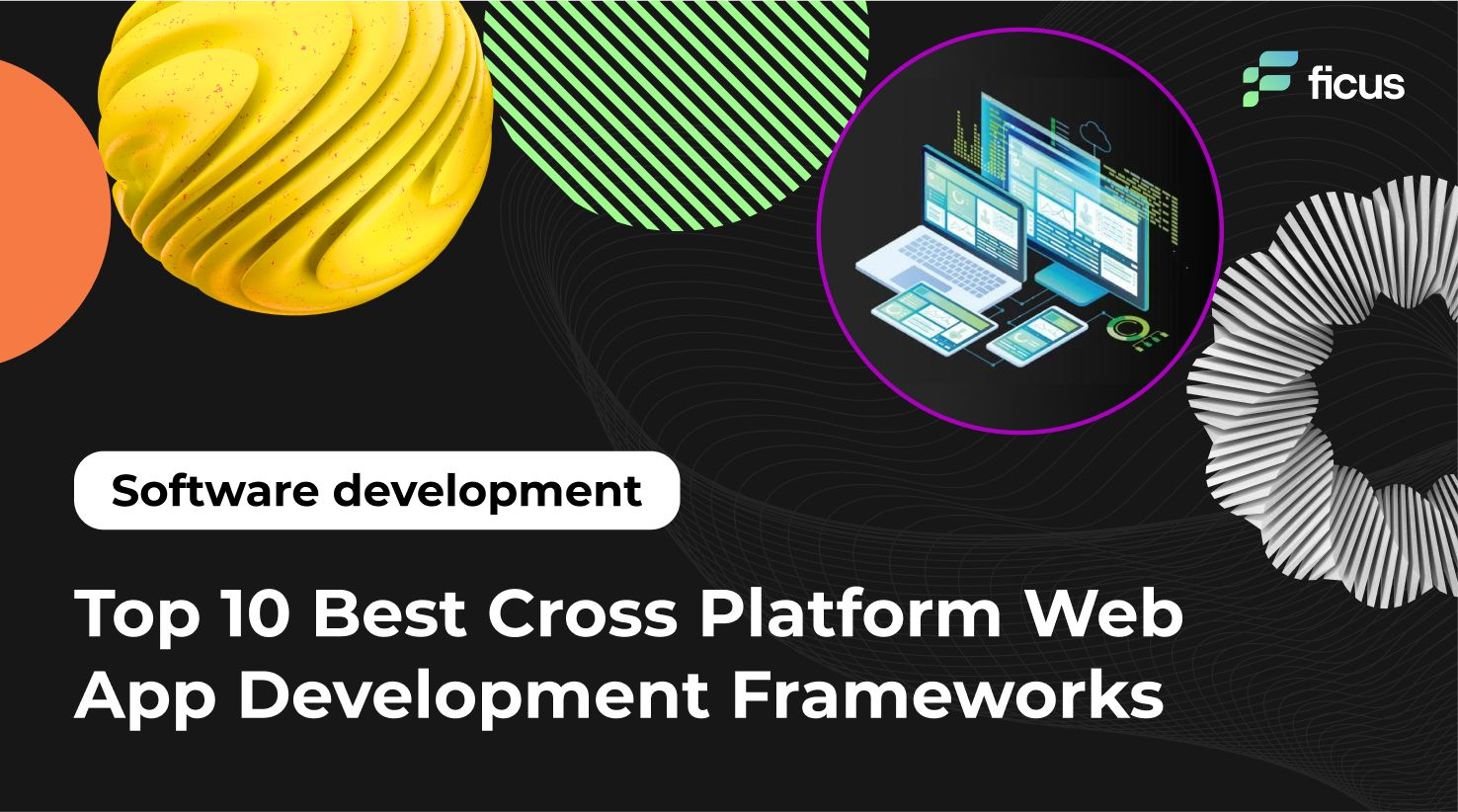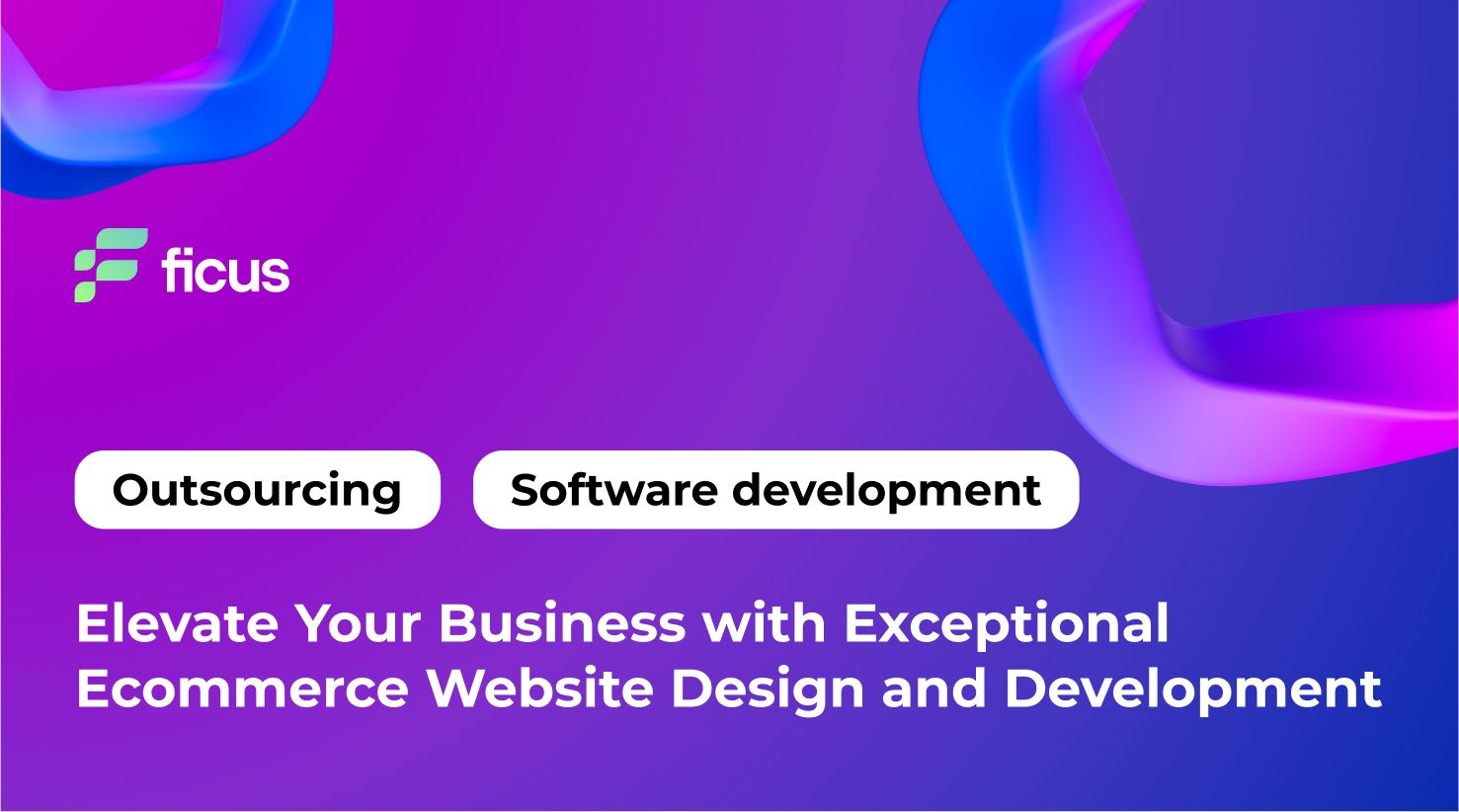Cross-platform frameworks have become the cornerstone of modern app development, offering developers a cost-effective, time-efficient, and highly scalable approach to reach a broader audience. We’ll dive deep into each of the top 10 cross-platform web app development frameworks. You’ll discover their unique features and advantages and how they enable developers to craft high-quality applications that cater to a global audience.
- Top 10 cross-platform web app development frameworks with unique features.
- Benefits of using cross-platform frameworks, including cost-efficiency and broader audience reach.
- Expertise offered by Ficus Technologies in utilizing these frameworks for app development.<br>
What Is a Cross-Platform Web App Development Framework?
A cross-platform web app development framework is a collection of tools and components that help create applications that run across multiple platforms and devices. Developers can use these frameworks to write code once and deploy it on iOS, Android, Windows, and the web.
Cross-platform frameworks are versatile and adaptable, accommodating various programming languages and technologies. They provide a balance between performance and efficiency, ensuring that the resulting applications are not only functional and user-friendly but also optimized for speed and performance.
What Are The Best Frameworks For Developing Cross-Platform Mobile Apps?
Cross-platform web app development frameworks are essential for creating applications running seamlessly across various platforms. Let’s delve into the top 10 frameworks, each with its unique characteristics and features:
Ionic
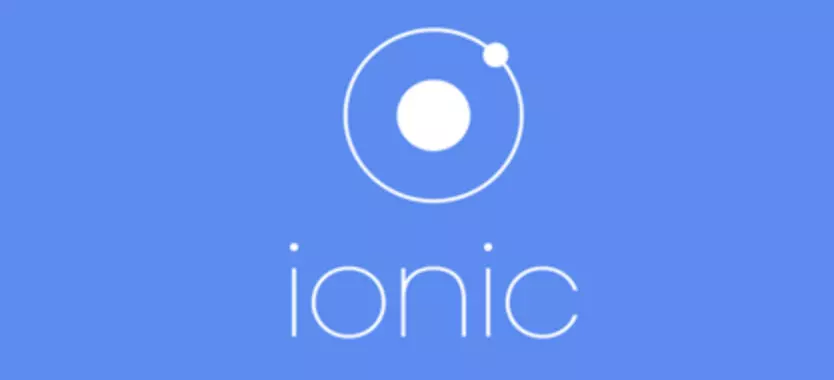
Ionic is a popular cross-platform mobile app development framework that stands out for its unique blend of web technologies and native-like user experiences. It excels in delivering apps for iOS, Android, and the web with a single codebase. What distinguishes Ionic is its extensive library of pre-designed UI components that closely resemble native app elements. This UI kit speeds development and ensures consistent, visually appealing platform experiences.
Key features that set Ionic apart include:
- Web Technology Foundation
- Rich UI Components
- Hybrid Capabilities
- Cross-Platform Efficiency
React Native
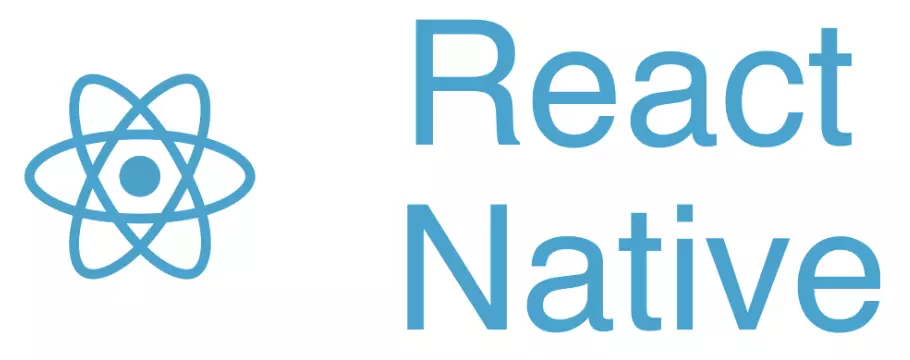
React Native is a prominent open-source framework developed by Facebook, offering a unique approach to cross-platform mobile app development. It falls under the category of hybrid app frameworks and uses JavaScript and React to create native-like mobile applications for iOS and Android.
What sets React Native apart:
- Native Performance
- Reusable Components
- Live Reload
- Support from Facebook
- Robust Ecosystem
Flutter

Flutter is an innovative open-source UI software development toolkit created by Google. It is a unique cross-platform framework for building natively compiled mobile, web, and desktop applications from a single codebase. What sets Flutter apart is its use of the Dart programming language, known for its speed and productivity.
Key features that make Flutter exceptional include:
- Fast Development
- Rich and Customizable Widgets
- High Performance
- Single Codebase
- Expressive UI
Xamarin

Xamarin is a robust cross-platform mobile app development framework that stands out for its ability to deliver native app experiences across iOS, Android, and Windows platforms. Xamarin’s use of a single codebase written in C# distinguishes it from other frameworks.
Unique features of Xamarin include:
- Native Performance
- Complete Native Access
- Shared Codebase
NativeScript
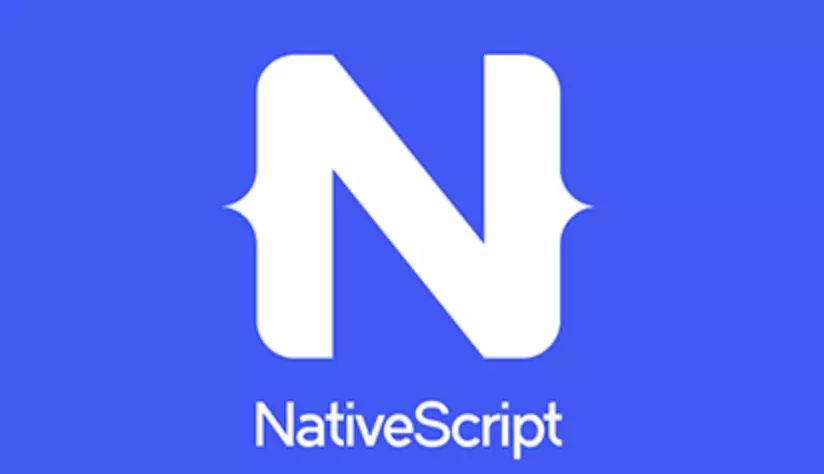
NativeScript is a framework that is open-source and used for the development of mobile apps that can run on multiple platforms. It uses JavaScript or TypeScript to produce genuinely native apps for both iOS and Android. What sets NativeScript apart is its direct access to native APIs and components, eliminating the need for web views or cross-compiled code. This leads to high-performance applications with a native look and feel.
Key differentiators of NativeScript include:
- Direct Native Access
- No Web Views
Node.js

Node.js is the runtime environment that allows developers to execute JavaScript on the server side. At the same time, it differs fundamentally from front-end frameworks like React or Angular.
Key differentiators of Node.js include:
- JavaScript Everywhere
- Non-blocking I/O
- Vibrant Ecosystem
- Scalability
Appcelerator Titanium
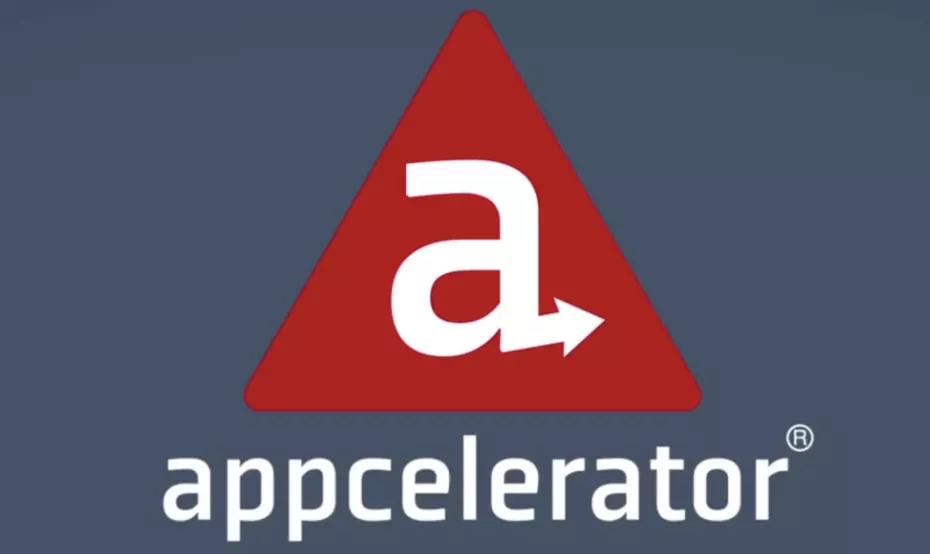
Appcelerator Titanium is a unique cross-platform development framework that creates native mobile apps using web technologies like JavaScript, HTML, and CSS.
Key differentiators of Appcelerator Titanium include:
- Native UI Components
- Code Reusability
- JavaScript-Based
- Native Performance
- Real-Time Updates
PhoneGap
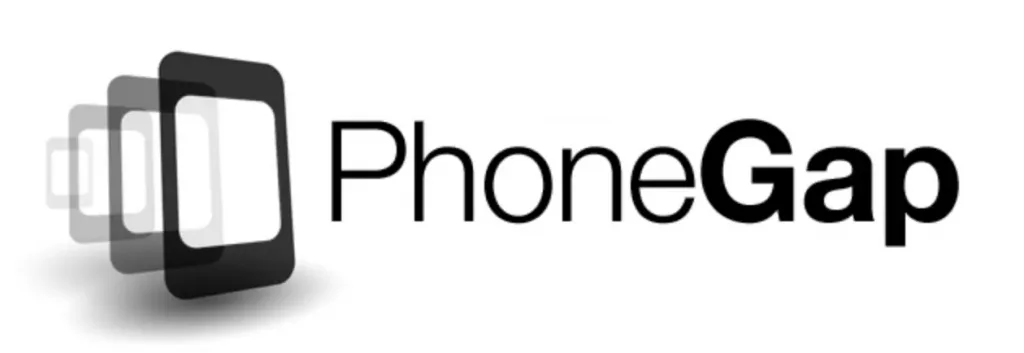
PhoneGap, now known as Apache Cordova, is a popular open-source mobile app development framework that allows developers to create cross-platform mobile applications using web technologies like HTML, CSS, and JavaScript.
It stands out with several unique features:
- Web Technologies
- Single Codebase
- Native Access
- Rapid Development
Sencha Touch
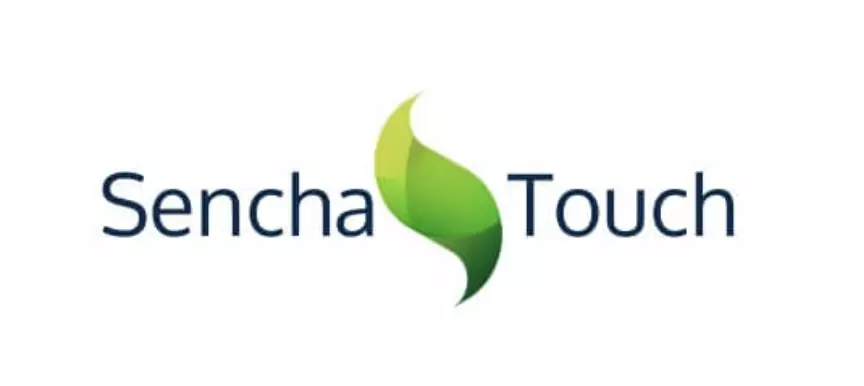
Sencha Touch is a framework designed for building cross-platform mobile web applications. It stands out with several unique features:
- Robust UI Components
- Data Package
- Native-Like Performance
- Cross-Browser Compatibility
- Integrated Build Tools
Corona SDK

Corona SDK, or Solar2D, is a cross-platform framework tailored for game development but versatile enough for other app types. This framework provides distinct characteristics that distinguish it from other frameworks.
- Lua Programming Language
- Instant Testing
- Graphics Engine
- Single Codebase
Ready to harness the power of cross-platform web app development?
Contact UsWhat Are the Benefits of Cross-Platform Web App Development Frameworks?
Cross-platform web app development frameworks offer numerous benefits, making them a preferred choice for many developers. An in-depth look at the advantages:
- Maximum Exposure to the Target Audience:
Cross-platform frameworks enable developers to reach a broader audience by building apps for multiple platforms with a single codebase. This approach ensures that your app can be accessed by users on various devices, including iOS, Android, and more.
- Reduced Development Cost:
Developing separate apps for different platforms can be costly and time-consuming. Cross-platform frameworks decrease development costs by enabling code writing once and deployment across multiple platforms, saving time and money.
- Easier Maintenance & Deployment:
Maintaining a single codebase is more efficient than managing multiple codebases for different platforms. Updates, bug fixes, and feature enhancements can be applied uniformly, streamlining the maintenance process. Additionally, deploying changes becomes faster and more straightforward.
- Quicker Development Process:
Cross-platform frameworks often have tools and libraries that expedite development. This faster development cycle can help you launch your app quicker, giving you a competitive advantage.
- Reusable Code:
Reusing code across platforms is a significant advantage. Developers can leverage the same code snippets and components, reducing redundancy and enhancing code maintainability.
- Easy Integration with Cloud:
Many cross-platform frameworks seamlessly integrate with cloud services and APIs. This integration simplifies data storage, retrieval, and synchronization, enhancing your app’s functionality and user experience.
Conclusion
Our Ficus Technologies team comprises experienced professionals with extensive knowledge and hands-on experience in utilizing cross-platform web app development frameworks. Whether your project is simple or complex, whether you choose Ionic, React Native, Flutter, Xamarin, or any other framework, we are equipped to help you navigate the intricacies of each and deliver a top-notch application that meets your unique requirements.
Take advantage of the opportunity to harness the power of cross-platform web app development and collaborate with a team that understands these frameworks and how to leverage them to transform your ideas into reality. Partner with Ficus Technologies, and together, we will create a first-class application, regardless of its complexity or the framework chosen: your vision, our expertise – a winning combination.
Support for real-time updates varies among the listed cross-platform frameworks. Flutter, with its “hot reload” feature, allows developers to instantly see code changes during development, facilitating real-time updates. React Native, another robust framework, supports a similar live reload functionality. However, it’s essential to note that the extent and ease of real-time updates depend on the specific features and capabilities of each framework. Developers may need to consider additional tools or configurations to achieve seamless real-time updates based on their project requirements.
Combining multiple cross-platform frameworks in a single app development project is technically possible but often impractical. Each framework comes with its own set of tools, libraries, and architecture, making seamless integration challenging. It can lead to complexity, increased development time, and potential conflicts. It’s generally more efficient to choose a single cross-platform framework that best aligns with the project requirements. However, in certain cases, developers may opt for a modular approach, using different frameworks for specific functionalities, though careful consideration is needed to ensure smooth interoperability.Is it possible to combine multiple cross-platform frameworks in a single app development project?
